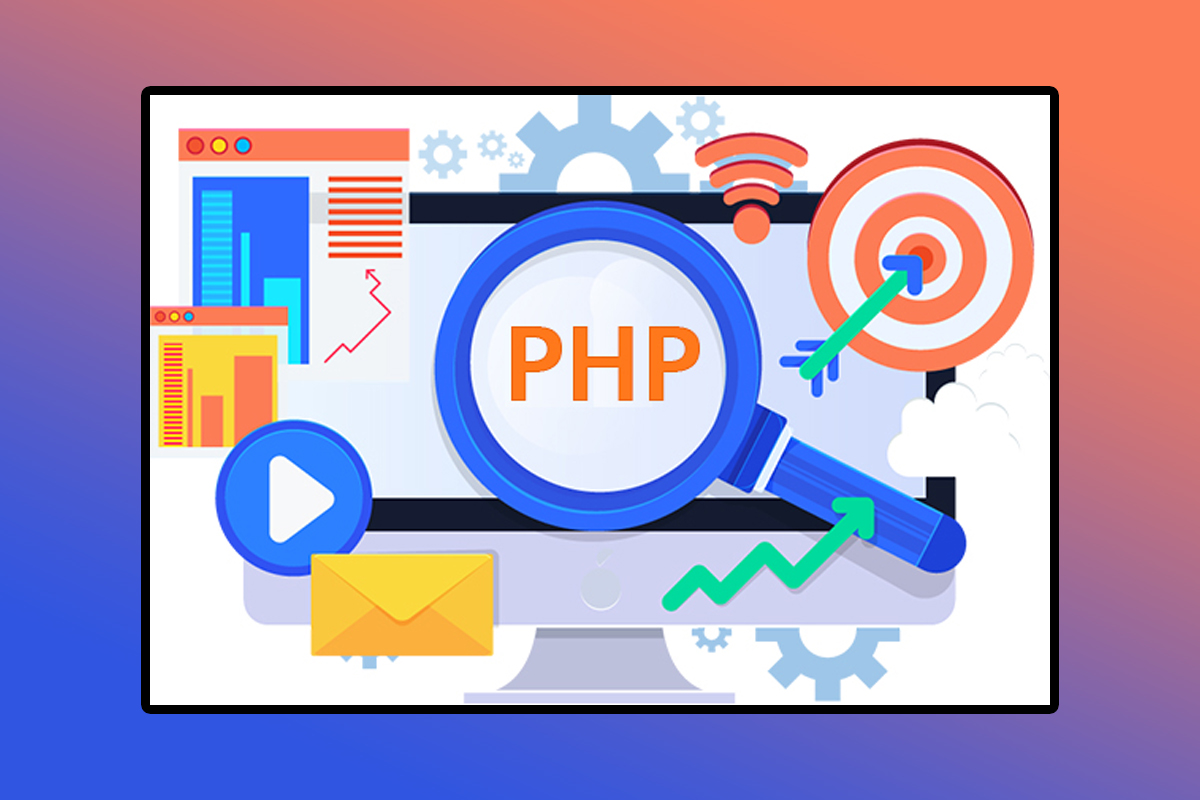It Is Important To Note That Scripts Written In A PHP Language Must Always Be Optimized To Enable Them To Achieve High Results, Less Server Utilization, And Equally Good Result From The Side Of The Users. Optimizing PHP Code Will Improve Its Execution Time And Scalability. Here Are Several Techniques To Optimize Php Scripts For Better Performance:
1. Avoid Using PHP If It Has Old Versions Instead Use The Latest Version
Php Is Still Being Updated And A New Version Comes With Significant Performance Boost. The Enhancement Of Php Was Evident When Php 7 Provided Twice Speed Compared To Php 5; Moreover, Php 8 Has Also Contributed More Enhancements To Php Such As Just-In-Time (jit) Compilation. But To Take Advantage Of These Features, Always Make Sure Your Server Uses The Most Stable Version Of PHP Possible.
2. Optimize Database Queries
Usually, Queries To The Database Are The Biggest Issue In PHP Applications And Web Services. Here’s How To Improve Them:
Use Indexing: It Therefore Reduces The Time It Takes To Generate Result On Database Search Queries, Especially On Databases With Large Size.
Avoid Select * Queries: Select Only Those Columns That You Require Such That Unnecessary Data Is Not Transmitted From The Database To Php.
Use Prepared Statements: Not Only Do They Help To Increase The Level Of Security By Eliminating Such A Threat As SQL Injection But Also Enhance The Speed Of Work, While Making Repeated Use Of One And The Same Query.
Limit Query Execution: When Possible And If At All Feasible, Group Your Queries And Never Run Your Queries Inside Loops.
3. Enable Output Buffering
Php By Default Sends Data To The Browser In Packages And Not In A Continuous Way, Thus Slowing Down Scripts Execution. Output Control Mechanism Enables Php To Combine A Set Of Output Into One Particularly For Sending Out All At Once. This Enhances The Performance As There Are Fewer I/O Operation To Be Made.
For Buffering Of The Output, There Is ‘’ob_start()’’ Function That Needs To Be Called At The Start Of The Script. This Is Very Useful When You Are Using Scripts That Generate Huge Amounts Of HTML Output.
4. Use Opcode Caching
Opcode Caching Used Via The Opcache Which Gives The Capacity To Php To Cache Already Compiled Code In Memory. In This Way, Php Does Not Need To Recompile The Script, And Each Time The Overhead Reduces. Opcache Is Standard With Php Versions And Can Be Turned On By Altering The Php. Ini File. Ini Configuration File.
opcache.enable=1
5. Reduce File I/O
These Are Generally Slow Particularly When Dealing With Far Or Network Borne File Systems. Here Are Ways To Minimize File I/o In Your PHP Scripts:
Use Autoloading: Php Has An Autoload Function, Which Means That A Class Is Only Instantiated And Its File Is Only Called At The Time Of Need And Not All Files At The Beginning Of A Script.
Minimize Include/require Calls: Make Sure You Do Not Load What Is Unnecessary And Do Not Load The Same File Again And Again By Using Require_once Or Include_once.
Cache File Data: If A Script Reads Files Often Try To Cache It Because Constant Disk Reading Can Be Time-Consuming.
6. Use JSON Over XML
If There Is An Option To Choose Between Apis Or Data Exchanges, Prefer Json To Xml. It Uses Lesser Time Than Xml In Terms Of Encoding As Well As Decoding The Message And Hence Is Faster.
$json_data = json_encode($data);
Compared To XML, JSON Can Also Be Worked More Efficiently In The Front End Language Javascript, Thus Front-End And Back-End Integration Can Come With Higher Efficiency.
7. Do Not Put Loops In Loops And Do Not Put Functions Inside Functions
Nesting Multiple Loops And Functions Are Two Of The Worst Enemies When It Comes To Having To Deal With Speed In PHP Scripts. Make An Enhancement Of The Code To Reduce The Number Of Nested Structures In The Program. If At All Call For One Large Function, You Find It Possible To Split The Large Function And Thus Enhance The Readability And Maintainability Of The Code Then It Will Be Advisable To Go For It But All The Same, Ensure That This Does Not Attract A Raw Deal On The Performance Aspect.
8. Learn To Avoid Using Regular Expressions As Often As Possible
Even Though Using Regular Expressions Is Effective In Many Ways, The Operation Can Be Slow So It Requires A Lot Of Resources. If Possible, Access Phps Built-In String Functions Such As Strpos, Str_replace, Or Substr Since They Are The Fastest.
// Instead of using regex
if (preg_match('/foo/', $str)) {
// Do something
}
// Use strpos() which is faster
if (strpos($str, 'foo') !== false) {
// Do something
}
9. Keeping An Eye On The Time-Consuming Tasks, Try To Employ Asynchronous Processing Technique
In Case Your Script Utilized Php In Processes Such As Emails Sending, Handling Big Data Among Others, Then It Is Advisable To Carry Out Such Processes In The Asynchronous Mode. You Can Do This Through Job Queues For Example Rabbitmq, Beanstalkd Or Through Back End Processing Systems.
10. The Following Are The Steps Involved In The Identification Of Code
You’d Have To Use Third-Party Profiling Tools Namely Xdebug Or Tideways To Discover PHP Script Performance Problems. Such Tools Give Information About Which Functions Or Queries Are Most Time-Consuming. From This, It Is Possible To Fine-Tune Some Aspects Of The Codes In The Program To Enhance Efficiency.
Therefore, It Is Critical To Pay Adequate Attention To The Tracking Of PHP Based Scripts To Arrive At Efficient And Scalable Applications. There Are Several Ways Of Optimising Your Php Based Scripts Including Upgrading The Php Versions, Enhancing Databases Interactions, Caching Operations, And Coding Standards Among Others. The Importance Of Profiling And The Step-By-Step Enhancement Will Allow Your Php Applications To Stay Efficient And Fast Even As They Grow.


Comments (0)